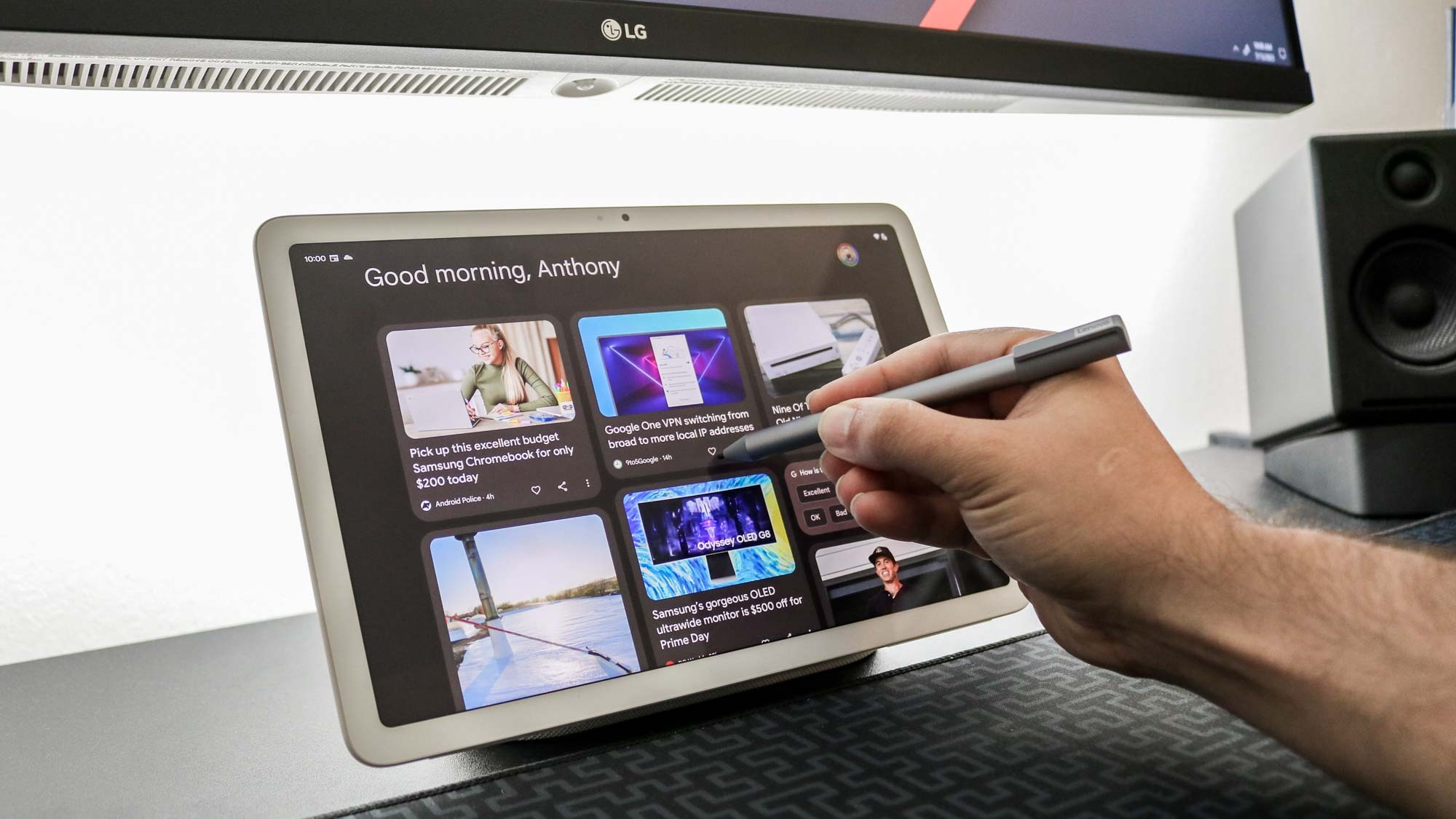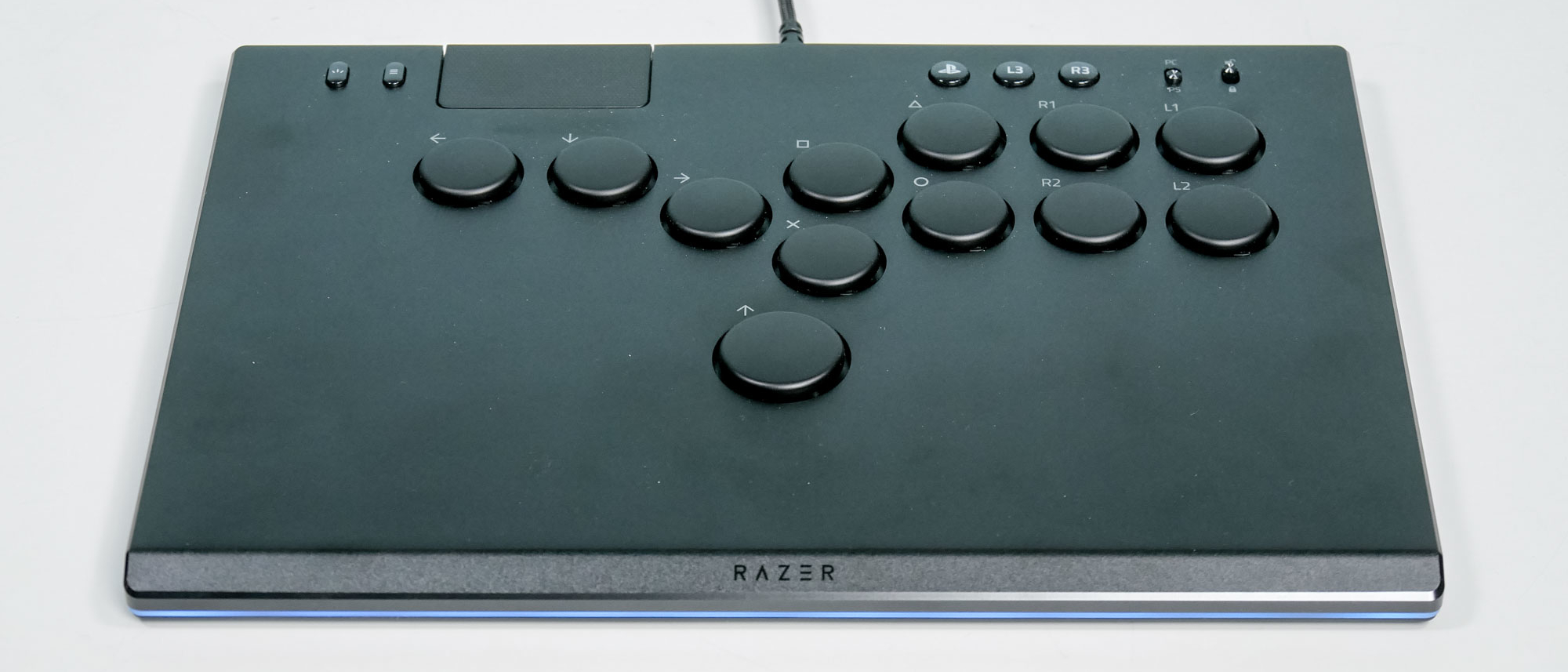Google Pixel Tablet 3 could be the laptop replacement we've been waiting for — here's what we know
Two USB-C ports and reduced Tensor G6 chip

A sequel to the Google Pixel Tablet hasn't even been released yet, but a series of rumors from Android Authority purports to reveal a Pixel Tablet 3. It was highly rumored that a Pixel Tablet 2 would launch this August alongside the Pixel 9 lineup. Obviously, that did not come to pass, which means we might see a sequel tablet in 2025.
This future third-generation tablet will drop in 2027 with the upgraded Tensor G6 chip that has previously been rumored to be built on a 3nm node.
Apparently, Google will add a second USB-C port to the Tensor G6. Technically, the Pixel Tablet has two USB ports, a standard USB-C port and a USB 2.0 connection under the pogo pins that connect to the tablet dock. Android Authority says this new 3.2 USB-C port will be used for "tablet only use cases" and support a DisplayPort output.
The suggestion is that a new port will make the Pixel Tablet 3 more of a laptop replacement. The report claims the tablet will support up to four external displays (two via the ports and two more via daisy-chaining).
Additionally, this alleged treasure trove of Google documents from the gChips team, supposedly the Tensor G6 will power several future Pixel devices with the codenames "Premium 26," Base 26," "Fold 26," and "Entry Phone 27." Presumably, these forthcoming devices will be the Pixel 11 Pro, Pixel 11, Pixel 11 Pro Fold and the mid-range Pixel 11a.
There is also a listed "Tablet Pixel 27" which would probably be the Pixel Tablet 3. Assuming Google releases a Pixel Tablet 2 next year, it would put the company's tablets on a two-year release schedule. This also suggests that the Pixel Tablet 3 will be released before the Pixel 12 in 2027, probably during the annual Google I/O conference in the spring.
The documents point to the Pixel 11a and the Pixel Tablet 3 getting a downgraded version of the Tensor G6 chipset. With Google supposedly switching over to TSMC from Samsung to build their future chips, the question becomes, how will Google make a less powerful chip?
Sign up to get the BEST of Tom's Guide direct to your inbox.
Get instant access to breaking news, the hottest reviews, great deals and helpful tips.
According to the AA source, Google is looking into removing defective parts from chips that should be trashed, meaning that the chips will automatically be reduced in effectiveness. Specifically, it looks like it will affect AI capabilities, meaning that various AI features won't be available for the tablet and mid-range Pixel phone.
Allegedly, there will also be different amounts of RAM between the flagship Pixel series, the A-series and the tablets.
It's clear that Google is working on the future of the company's Pixel devices, but many of these rumors are two or three years away from becoming reality. Surprisingly, it's not clear what the tech giant is actually doing next year with the Pixel 10 other than the Tensor G5. It's starting to look like next year's Pixel devices will be gap phones until Google settles in with TSMC.
More from Tom's Guide

Scott Younker is the West Coast Reporter at Tom’s Guide. He covers all the lastest tech news. He’s been involved in tech since 2011 at various outlets and is on an ongoing hunt to build the easiest to use home media system. When not writing about the latest devices, you are more than welcome to discuss board games or disc golf with him.
